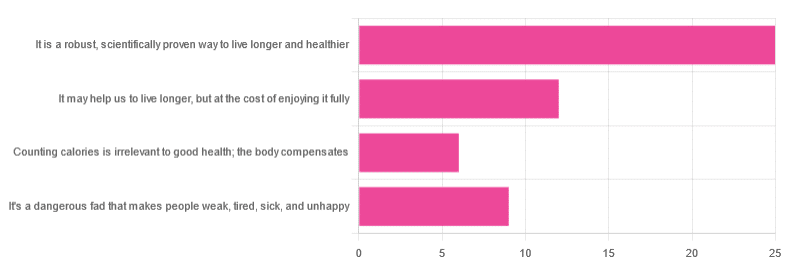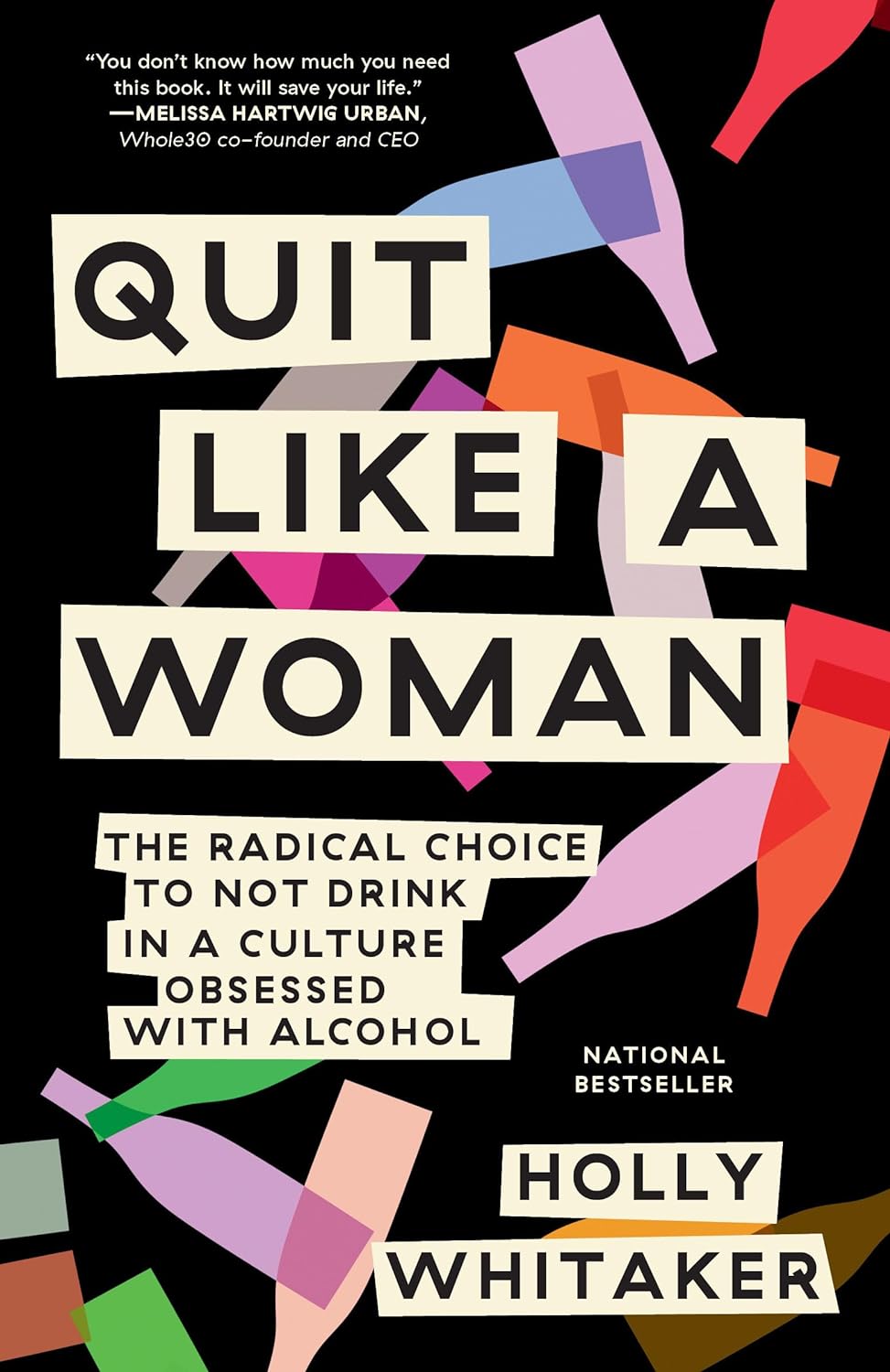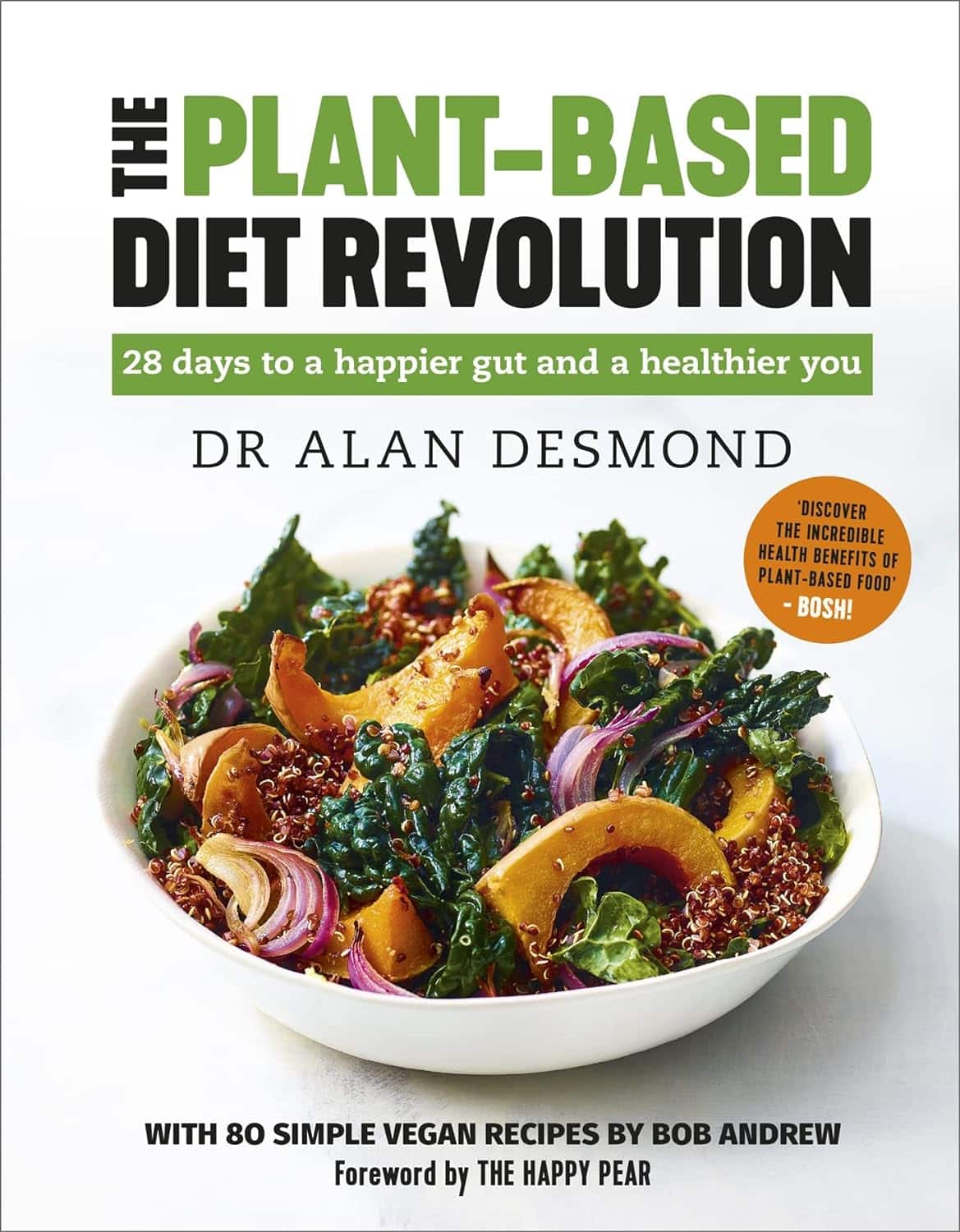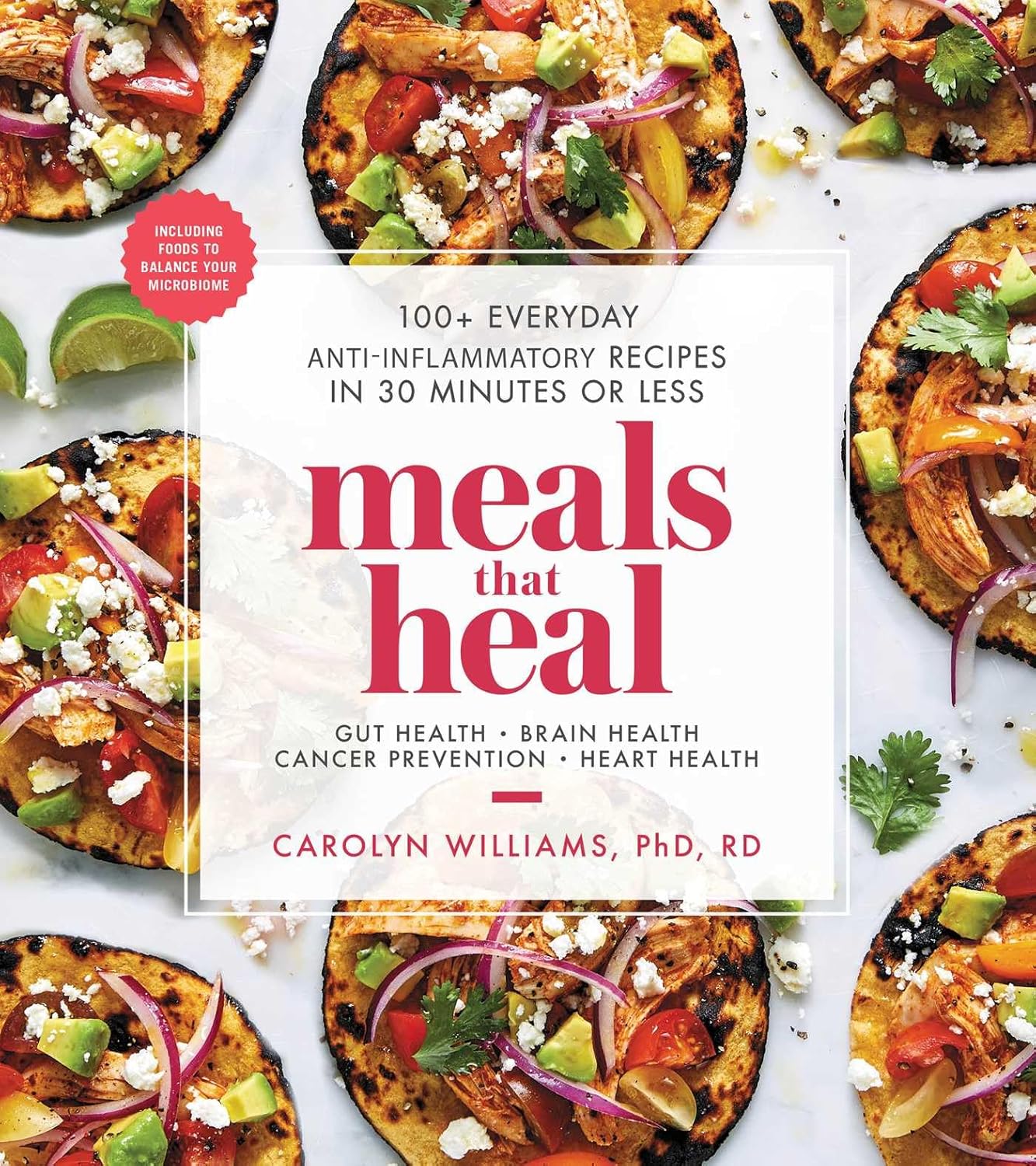
10 Unexpected Benefits Of Slow Jogging
10almonds is reader-supported. We may, at no cost to you, receive a portion of sales if you purchase a product through a link in this article.
Sometimes, less is more:
Slow and steady wins the race?
Here’s the rundown… Slowly:
- You burn more body fat: running at 50-60% of max heart rate primarily burns fat without having the usual compensatory metabolic slump afterwards, unless you go for a very long time.
- You can build more muscle: lower-intensity workouts improve muscle recovery, which is essential too.
- You can reduce muscle soreness: light jogging helps clear lactic acid faster (10almonds note: muscle soreness after exercise isn’t about lactic acid)
- You avoid injuries: less impact on joints reduces injury risk.
- You learn the proper form: running slowly allows better focus on technique.
- You can enjoy it more: slower pace lets you take in surroundings and boosts mood.
- You still improve your cardiorespiratory fitness: strengthens heart and lungs over time.
- You’ll burn more calories than you think: can burn 200–400 calories per 30 minutes.
- You’ll improve your mobility: gentle movement supports joint health and collagen production.
- You can improve your performance: builds endurance and strength for faster running
For more on each of these, enjoy:
Click Here If The Embedded Video Doesn’t Load Automatically!
Want to learn more?
You might also like:
Take care!
Don’t Forget…
Did you arrive here from our newsletter? Don’t forget to return to the email to continue learning!
Recommended
Learn to Age Gracefully
Join the 98k+ American women taking control of their health & aging with our 100% free (and fun!) daily emails:
-
Heavy Metal Detox In A Pill?
10almonds is reader-supported. We may, at no cost to you, receive a portion of sales if you purchase a product through a link in this article.
We have previous discussed assorted approaches to “detoxing”:
Detox: What’s Real, What’s Not, What’s Useful, What’s Dangerous?
Today we’re going to be looking at one we didn’t cover there, which is zeolite.
What is zeolite?
Zeolite is a mineral that occurs naturally and can also be synthesized, and it’s famous for absorbing other stuff from around it. Because of this property, it’s used in many things, including:
- Petrochemical catalysis
- Water treatment
- Nuclear waste reprocessing
- Cat litter
- Supplements (for detox purposes)
That’s, uh… An interesting list, isn’t it? So, we were curious as to whether this mineral that’s also used in fish tank filters is, in fact, overpriced gravel being sold to the gullible as a health supplement.
We had to do some digging on this one
Our journey didn’t start well, with this very dubious-looking paper being cited by a company selling zeolite supplements:
This immediately prompted two questions:
- Who is eating graphene?!* That stuff does not occur in nature (or at least; it hasn’t ever been found; the universe is a big place so it might exist elsewhere), has only relatively recently been synthesized, is very difficult to produce, is two-dimensional while being hard as diamonds, and exists only in truly tiny lab-made quantities worldwide. It would be orders of magnitude easier to find and eat uranium.
- Is this a reputable journal? Which question was easier to answer than the former one, and the answer is “no”; we hadn’t heard of this journal (ACTA Scientific), and neither it seems had most of the Internet, but we did find it on a list of predatory journals, here.
*The citation given in the above paper should by rights answer the question of who is eating graphene, since by rights they must have demonstrated it somehow, but it just doesn’t. Instead, it links to what it claims is a paper titled “Oxygenated Zeolite (Clinoptilite) Efficiently Removes Aluminum & Graphene Oxide”, but is in reality just someone’s blog post with a screenshot of an actual paper entitled “Novel, oxygenated clinoptilolite material efficiently removes aluminium from aluminium chloride-intoxicated rats in vivo”). Looking up this real paper in its real journal, it does not mention graphene.
All this to say: sometimes, unscrupulous people will just plain lie to you, which is why peer review is important, as is sourcing data from reputable journals. Which is what we do for you so that you don’t have to 🙂
It does, actually, work though (for heavy metal detox)
Notwithstanding the aforementioned bunk, we found this from a more reputable publisher:
❝In this study, we have presented clinical evidence supporting the use of an activated clinoptilolite (zeolite) suspension to safely and effectively increase the urinary excretion of potentially toxic heavy metals in healthy volunteers without negatively impacting the electrolyte profiles of the participants.
Significant increases in the urinary excretion of aluminum, antimony, arsenic, bismuth, cadmium, lead, mercury, nickel and tin were observed in the subjects participating in the two study groups as compared to placebo controls.❞
Also good for the gut and against inflammation
Specifically, it’s good for gut barrier integrity, i.e., against “leaky gut syndrome”:
❝Twelve weeks of zeolite supplementation exerted beneficial effects on intestinal wall integrity as indicated via decreased concentrations of the tight junction modulator zonulin.
This was accompanied by mild anti-inflammatory effects in this cohort of aerobically trained subjects.❞
May also be good against neurodegenerative diseases
If it is (which is plausible), it’ll probably because of removing heavy metals and improving gut barrier integrity—in other words, the things we just looked at in the two reputable peer-reviewed studies we examined above.
But the science is young for this one; here’s the current state of things:
Zeolite and Neurodegenerative Diseases
Is it safe?
Safety reviews have found it to be safe, for example:
Critical Review on Zeolite Clinoptilolite Safety and Medical Applications in vivo
However, if you are taking regular medications, we recommend checking with your pharmacist or doctor to ensure that zeolite will not also remove those medications from your system!
Want to try some?
We don’t sell it, but here for your convenience is an example product on Amazon 😎
Enjoy!
Share This Post
-
Is Cutting Calories The Key To Healthy Long Life?
10almonds is reader-supported. We may, at no cost to you, receive a portion of sales if you purchase a product through a link in this article.
Caloric Restriction with Optimal Nutrition
Yesterday, we asked you “What is your opinion of caloric restriction as a health practice?” and got the above-depicted, below-described spread of responses:
- 48% said “It is a robust, scientifically proven way to live longer and healthier”
- 23% said “It may help us to live longer, but at the cost of enjoying it fully”
- 17% said “It’s a dangerous fad that makes people weak, tired, sick, and unhealthy”
- 12% said “Counting calories is irrelevant to good health; the body compensates”
So… What does the science say?
A note on terms, first
“Caloric restriction” (henceforth: CR), as a term, sees scientific use to mean anything from a 25% reduction to a 50% reduction, compared to metabolic base rate.
This can also be expressed the other way around, “dropping to 60% of the metabolic base rate” (i.e., a 40% reduction).
Here we don’t have the space to go into much depth, so our policy will be: if research papers consider it CR, then so will we.
A quick spoiler, first
The above statements about CR are all to at least some degree True in one way or another.
However, there are very important distinctions, so let’s press on…
CR is a robust, scientifically proven way to live longer and healthier: True or False?
True! This has been well-studied and well-documented. There’s more science for this than we could possibly list here, but here’s a good starting point:
❝Calorie restriction (CR), a nutritional intervention of reduced energy intake but with adequate nutrition, has been shown to extend healthspan and lifespan in rodent and primate models.
Accumulating data from observational and randomized clinical trials indicate that CR in humans results in some of the same metabolic and molecular adaptations that have been shown to improve health and retard the accumulation of molecular damage in animal models of longevity.
In particular, moderate CR in humans ameliorates multiple metabolic and hormonal factors that are implicated in the pathogenesis of type 2 diabetes, cardiovascular diseases, and cancer, the leading causes of morbidity, disability and mortality❞
Source: Ageing Research Reviews | Calorie restriction in humans: an update
See also: Caloric restriction in humans reveals immunometabolic regulators of health span
We could devote a whole article (or a whole book, really) to this, but the super-short version is that it lowers the metabolic “tax” on the body and allows the body to function better for longer.
CR may help us to live longer, but at the cost of enjoying it fully: True or False?
True or False, contingently, depending on what’s important to you. And that depends on psychology as much as physiology, but it’s worth noting that there is often a selection bias in the research papers; people ill-suited to CR drop out of the studies and are not counted in the final data.
Also, relevant for a lot of our readers, most (human-based) studies recruit people over 18 and under 60. So while it is reasonable to assume the same benefits will be carried over that age, there is not nearly as much data for it.
Studies into CR and Health-Related Quality of Life (HRQoL) have been promising, and/but have caveats:
❝In non-obese adults, CR had some positive effects and no negative effects on HRQoL.❞
❝We do not know what degree of CR is needed to achieve improvements in HRQoL, but we do know it requires an extraordinary amount of support.
Therefore, the incentive to offer this intervention to a low-risk, normal or overweight individual is lacking and likely not sustainable in practice.❞
CR a dangerous fad that makes people weak, tired, sick, and unhealthy: True or False?
True if it is undertaken improperly, and/or without sufficient support. Many people will try CR and forget that the idea is to reduce metabolic load while still getting good nutrition, and focus solely on the calorie-counting.
So for example, if a person “saves” their calories for the day to have a night out in a bar where they drink their calories as alcohol, then this is going to be abysmal for their health.
That’s an extreme example, but lesser versions are seen a lot. If you save your calories for a pizza instead of a night of alcoholic drinks, then it’s not quite so woeful, but for example the nutrition-to-calorie ratio of pizza is typically not great. Multiply that by doing it as often as not, and yes, someone’s health is going to be in ruins quite soon.
Counting calories is irrelevant to good health; the body compensates: True or False?
True if by “good health” you mean weight loss—which is rarely, if ever, what we mean by “good health” here at 10almonds (unless we clarify such), but it’s a very common association and indeed, for some people it’s a health goal. You cannot sustainably and healthily lose weight by CR alone, especially if you’re not getting optimal nutrition.
Your body will notice that you are starving, and try to save you by storing as much fat as it can, amongst other measures that will similarly backfire (cortisol running high, energy running low, etc).
For short term weight loss though, yes, it’ll work. At a cost. That we don’t recommend.
❝By itself, decreasing calorie intake will have a limited short-term influence.❞
Source: Reducing Calorie Intake May Not Help You Lose Body Weight
See also…
❝Caloric restriction is a commonly recommended weight-loss method, yet it may result in short-term weight loss and subsequent weight regain, known as “weight cycling”, which has recently been shown to be associated with both poor sleep and worse cardiovascular health❞
Source: Dieting Behavior Characterized by Caloric Restriction
In summary…
Caloric restriction is a well-studied area of health science. We know:
- Practised well, it can extend not only lifespan, but also healthspan
- Practised well, it can improve mood, energy, sexual function, and the other things people fear losing
- Practised badly, it can be ruinous to the health—it is critical to practise caloric restriction with optimal nutrition.
- Practised badly, it can lead to unhealthy weight loss and weight regain
One final note…
If you’ve tried CR and hated it, and you practised it well (e.g., with optimal nutrition), then we recommend just not doing it.
You could also try intermittent fasting instead, for similar potential benefits. If that doesn’t work out either, then don’t do that either!
Sometimes, we’re just weird. It can often be because of a genetic or epigenetic quirk. There are usually workarounds, and/but not everything that’s right for most people will be right for all of us.
Take care!
Share This Post
-
How Does Alcohol Cause Blackouts?
10almonds is reader-supported. We may, at no cost to you, receive a portion of sales if you purchase a product through a link in this article.
Sometimes people who have never experienced an alcoholic blackout wonder “is it real, or is it just a convenient excuse to avoid responsibility/embarrassment with regard to things done while drunk?”
In 1969 (so, still in the era of incredibly unethical psychological experiments that ranged from the 50s into the 70s), Dr. Donald Goodwin conducted a study in which intoxicated participants were asked to recall an object they had just seen. Most succeeded initially, but half were unable to remember the object just 30 minutes later, demonstrating alcohol-induced memory blackouts.
But, is it any different from regular forgetting? And the answer is: yes, it is indeed different.
The memories that never got stored
Ethanol, the active compound in alcohol, is lipophilic, enabling it to cross the blood-brain barrier and disrupt brain function. It impairs all kinds of things, including decision-making, impulse control, motor skills, and, notably, memory networks—which is what we’re looking at today.
Memory formation (beyond “working memory”, which is the kind that enables you to have an idea of what you were just doing, and carry out simple plans like “pick up this cup, raise it to my mouth, and take a sip”, without forgetting partway through) relies on a process called long-term potentiation (LTP), which strengthens neural connections to store information. Ethanol disrupts this process, preventing memory storage and causing blackouts.
In effect, this means you didn’t just forget a memory; you never stored it in the first place. For this reason, experiences from during an alcoholic blackout cannot be retrieved in the same ways we might retrieve other memories (e.g. in regular forgetting, it’s possible that a context clue jogs our memory and then we remember the experience—because in regular forgetting, the memory was in there; we just didn’t recall it until we were reminded).
Blackouts (in which the memory is never stored in the first place) typically occur when blood alcohol concentration (BAC) exceeds 0.16, while lower levels can result in partial memory loss (brownouts) in which some things may be recalled, but not others. Factors such as dehydration, genetics, medications, food consumption, and age influence the likelihood of complete blackouts.
While alcohol’s residual effects typically subside within a day, repeated over-drinking can cause permanent neuron damage, as well as of course plenty of damage to other organs in the body (especially the liver and gut).
For more on all of this, enjoy:
Click Here If The Embedded Video Doesn’t Load Automatically!
Want to learn more?
You might also like to read:
What Happens To Your Body When You Stop Drinking Alcohol
Take care!
Share This Post
Related Posts
-
Quit Like a Woman – by Holly Whitaker
10almonds is reader-supported. We may, at no cost to you, receive a portion of sales if you purchase a product through a link in this article.
We’ve reviewed “quit drinking” books before, so what makes this one different?
While others focus on the science of addiction and the tips and tricks of habit breaking/forming, this one is more about environmental factors, and that because of society being as it is, we as women often face different challenges when it comes to drinking (or not). Not necessarily easier or harder than men’s in this case, but different. And that sometimes calls for different methods to deal with them. This book explores those.
She also looks at such matters as how to quit alcohol when you’ve never stuck to a diet, and other such very down-to-earth topics, in a well-researched and non-preachy fashion.
Bottom line: if you’ve sometimes tried to quit drinking or even just to cut back, but found the deck stacked against you and things conspire to undermine your efforts, this book will give you a clearer path forward.
Click here to check out Quite Like A Woman, And Take Care Of Yourself!
Don’t Forget…
Did you arrive here from our newsletter? Don’t forget to return to the email to continue learning!
Learn to Age Gracefully
Join the 98k+ American women taking control of their health & aging with our 100% free (and fun!) daily emails:
-
The Plant-Based Diet Revolution – by Dr. Alan Desomond
10almonds is reader-supported. We may, at no cost to you, receive a portion of sales if you purchase a product through a link in this article.
Is this just another gut-healthy cooking guide? Not entirely…
For a start, it’s not just about giving you a healthy gut; it also covers a healthy heart and a healthy brain. There’s lots of science in here!
It’s also aimed as a transitional guide to eating more plants and fewer animal products, if you so choose. And if you don’t so choose, at least having the flexibility to cook both ways.
The recipes themselves (organized into basics, breakfasts, lunches, mains, desserts) are clear and easy while also being calculated to please readers (and their families) who are used to eating more meat. There are, for instance, plenty of healthy proteins, healthy fats, and comfort foods.
The “28 days” of the title refers to a meal plan using the recipes from the book; it’s not a big feature of the book though, so use it or don’t, but the cooking advice itself is more than worth the price of the book and the recipes are certainly great.
Bottom line: if you’re thinking of taking a “Meatless Mondays” approach to making your diet healthier, this book can help you do that in style!
Click here to check out The Plant-Based Diet Revolution, and upgrade your culinary repertoire!
Don’t Forget…
Did you arrive here from our newsletter? Don’t forget to return to the email to continue learning!
Learn to Age Gracefully
Join the 98k+ American women taking control of their health & aging with our 100% free (and fun!) daily emails:
-
Meals That Heal – by Dr. Carolyn Williams
10almonds is reader-supported. We may, at no cost to you, receive a portion of sales if you purchase a product through a link in this article.
Inflammation is implicated as a contributory or casual factor in almost all chronic diseases (and still exacerbates the ones in which it’s not directly implicated causally), so if there’s one area of health to focus on with one’s diet, then reducing inflammation is a top candidate.
This book sets about doing exactly that.
You may be wondering whether, per the book’s subtitle, they can really all be done in 30 minutes or under. The answer is: no, not unless you have a team of sous-chefs to do all the prep work for you, and line up everything mise-en-place style for when you start the clock. If you do have that team of sous-chefs working for you, then you can probably do most of them in under 30 minutes. If you don’t have that team, then budget about an hour in total, sometimes less, sometimes more, depending on the recipe.
The recipes themselves are mostly Mediterranean-inspired, though you might want to do a few swaps where the author has oddly recommended using seed oils instead of olive oil, or plant milk in place of where she has used dairy milk in a couple of “recipes” for smoothies. You might also want to be a little more generous with the seasonings, if you’re anything like this reviewer.
Bottom line: if you’re looking for an anti-inflammatory starter cookbook, you could do worse than this. You could probably do better, too, such as starting with The Inflammation Spectrum – by Dr. Will Cole.
Alternatively, click here if you want to check out Meals That Heal, and dive straight in!
Don’t Forget…
Did you arrive here from our newsletter? Don’t forget to return to the email to continue learning!
Learn to Age Gracefully
Join the 98k+ American women taking control of their health & aging with our 100% free (and fun!) daily emails:








